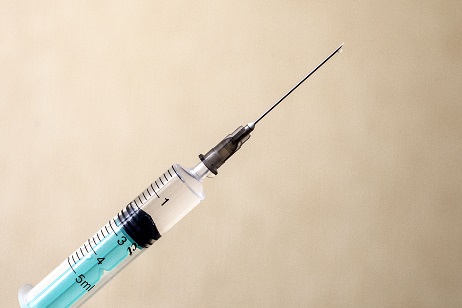People from occupied territories receive Georgian citizenship for free Hepatitis C treatment

More than 25 people from Georgia’s two Russian-occupied regions have asked for and received Georgian passports so they can benefit from the free Hepatitis C treatment program Georgia offers its citizens.
Georgia’s Health Minister David Sergeenko said today the free treatment program was very attractive for many but the treatment was only available to Georgian citizens.
The Government was now working to make the program also available for those living in Georgia’s occupied regions but did not hold a Georgia passport, Sergeenko said.
However about two dozen people from breakaway Abkhazia and Tskhinvali (South Ossetia) region had already applied for and received Georgian citizenship so they too could benefit from the lifesaving treatment.
"They received Georgian citizenship so they could be involved in this program. This means the doors are open for them,” Sergeenko said.
The majority of benefactors were from Abkhazia while several were from Tskhinvali (South Ossetia) region.
Georgia launched the Hepatitis C elimination program in April 2015.
In the first phase of the program only those with severe liver damage were invited to participate in the treatment program.
Today Sergeenko announced these criteria had been removed and any patient with any form of Hepatitis C could enjoy free treatment, beginning June 10.
The Minister also said the waiting time between being registered for the treatment and actually starting the course of treatment would decrease from two months to two weeks.
Sergeenko said Georgia and Iceland were the only countries in the world that offered its citizens such an expensive treatment for free.
Iceland launched a similar Hepatitis C elimination program four months ago.
In Georgia the Hepatitis C treatment program is in its second phase, where free treatment can be offered to at least 30,000 patients a year.
The first phase saw 5,000 patients be treated, and most were fully cured of the virus. Others are still continuing their treatment but have seen significant health improvements, said the Minister.
 Tweet
Tweet  Share
Share